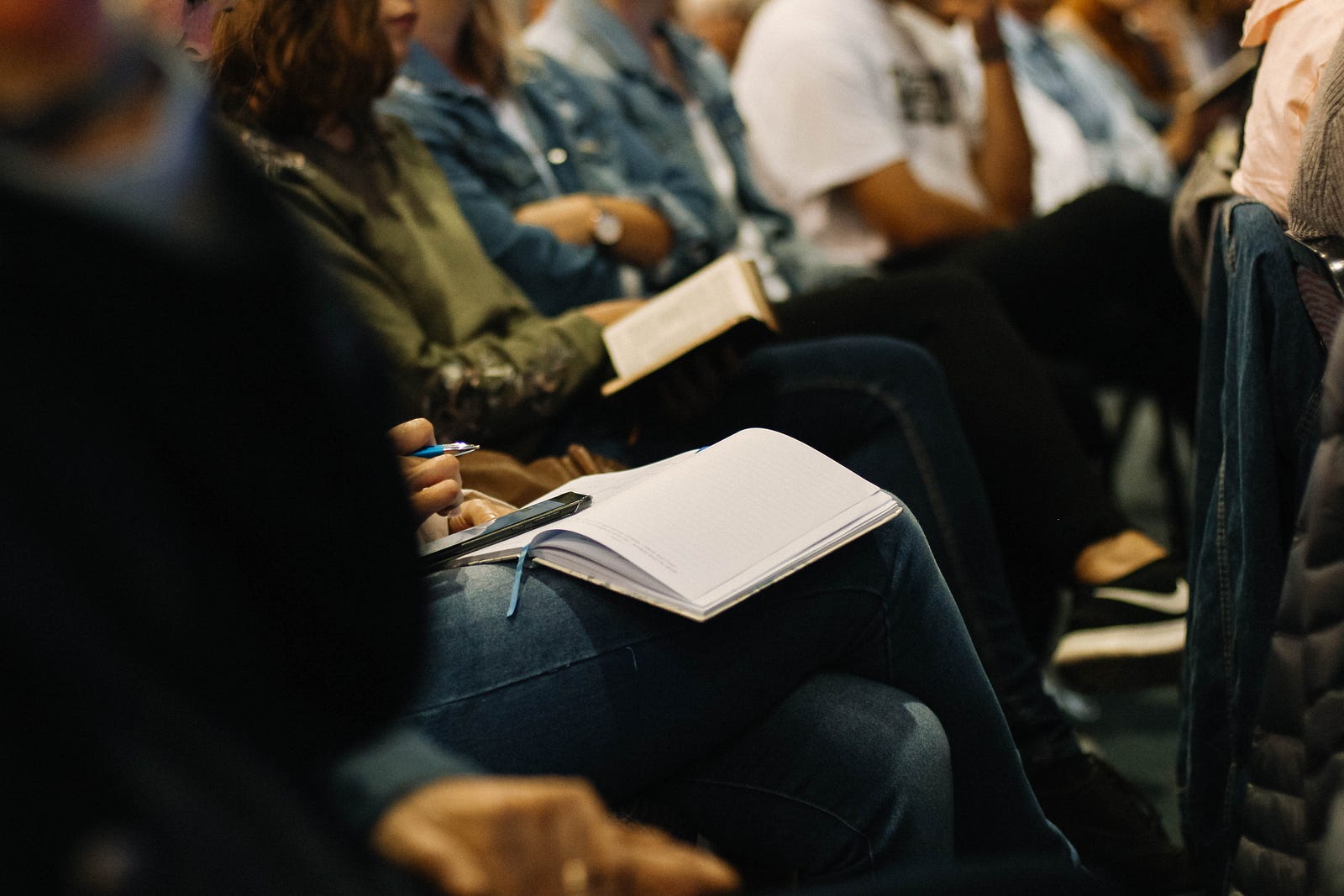How do we keep our recovery alive?

I’ll never forget my first recovery meeting.
Loud, tense and triggering.
Thirty addicts crowded into a windowless basement of an old Catholic church in north London.
One disruptive crack addict came in wailing, threatening to end it all right there and then. While another, looking as high as a giraffe’s genitals kept rushing in and out of the toilets, grinning. I’d seen enough and was about to stand up and leave when the meeting’s host made an annoucemnent.
‘Sit down, shut the f*ck up and listen. We don’t give a damn about your feelings. We’re trying to save your life!’
I sat there with my head in my hands, thinking, ‘Has it really come to this?’
I thought my life was over, but little did I know it had just begun.
Keep Coming Back.
Sitting in church basements listening to strangers talk about God and their darkest hour while crunching on old, stale biscuits dipped in lukewarm tea definitely wasn’t the dream life I’d envisioned.
In the early days of my recovery, I constantly questioned what I was even doing in these meetings.
I didn’t have a history of serial cheating, lying, stealing or going to jails, institutions, and treatment centres.
I honestly thought those people needed a beating, not a meeting.
But regardless of my feelings, the simple fact remained: I wasn’t well.
My chronic relapsing had put me on course for an early grave if something didn’t change.
And I had tried everything to stop relapsing: therapy, psychiatry, CBT, hypnosis, medication, religion, geographics, detoxes and a range of other alternative recovery modalities.
The reality was that twelve-step recovery meetings were the only thing I had left.
Nobody comes to recovery meetings out of choice. We arrived here because we had no choice.
But if it wasn’t for those recovered addicts who took the time to attend those meetings, who did ‘keep coming back’, I wouldn’t have stayed.
And I certainly wouldn’t be writing this post today.
Thanks to those recovered addicts’ experiences, those meetings became my sanctuary.
To Give and To Grow
I no longer relapse. Thankfully, that problem has been solved. However, I still continue to go to meetings for two reasons.
To spread the message of recovery to the addict who still suffers and to grow.
If I’d simply moved on once I recovered, who would be there for the lost and hopeless new addict like I once was?
Having had a spiritual awakening because of the twelve steps, my task is to enlarge this awakening and grow in consciousness.
And how do I do that?
The answer given in the book of Alcoholics Anonymous (the Big Book) is by working with others.
The real work in twelve-step recovery is not completing the steps; it’s taking other people through the work. That’s where the magic happens.
If you genuinely want to improve and expand your spiritual life, the most spiritual thing you can do is help another person in desperate need.
And where do you find people desperate to recover and to be taken through the twelve steps?
At meetings.
Now, let’s look at why meetings are the best place to grow.

The Three Legacies
Many addicts wrongly believe that the twelve steps are the entire program.
However, the whole program from the Big Book comes with three legacies: recovery, unity and service.
This is illustrated by an ancient symbol of a triangle within a circle that AA adopted in 1955, which signifies body and mind together as one.
Recovery is found in the 12 steps, unity is found in the fellowship and service is found in carrying the message.
Without this trio, we are just sober, and the Big Book says over and over again this won’t keep us clean.
There are no resting on laurels in recovery. We need to keep growing.
The promise of the Big Book is that when action is taken in all these three areas of the triangle, you will be whole: mind, body and spirit.
The circle represents the meetings and the whole of the fellowship.
Meetings provide recovered addicts the opportunity to do unity and service.
A Safe Space
Where else can you share entirely honestly without fear of judgement and be seen and heard by other fellows who have been through or are going through the same struggles as you?
The anonymity and level of acceptance found at meetings create an atmosphere conducive to self-healing.
Simply being there enables growth to commence.
And where else can you find a safe space to heal as readily available as a meeting? Exactly…
Principles Before Personalities
The underlying motive is to be genuinely helpful to other hopeless addicts and contribute to life.
Yes, the meeting’s repetitive formats and readings can be tedious. And some attention-seeking, over-the-top emotional shares can be tiresome. Still, we have to let go of our negativity and judgment and operate on principles of kindness, patience, and real tolerance of others.
We’re here to show our humanity to the most vulnerable. Exactly like doctors and nurses do every day of the year.
It’s not about feeling better; it’s about service to others, whether we like them or not. This is how we grow.
In recovery, it’s about true altruism.
The Sobriety Delusion
Meetings are not a tool for relapse prevention. It’s about giving back regardless of relapse.
Addicts who aren’t newcomers or aren’t looking to help newcomers but are turning up to meetings for their own sobriety usually end up with a new addiction: meetings and counting clean time.
The Big Book isn’t a book on how to attend meetings. It’s a book about having a spiritual experience using the twelve steps.
Sitting in countless recovery meetings for years on end, in fear if you don’t attend, you’ll be at risk of a relapse, is self-seeking at its finest!
It’s not about you.
The most important person in a meeting is the newcomer.
Your experience could help someone whom other recovered addicts can’t reach.
The Chosen Few
If you no longer chronically relapse, and your life has been re-created, you have escaped death by the grace of God. You are one of the chosen few.
Recovered addicts can spread their light of growing consciousness to others and throughout society, literally setting the world alight.
Does this mean attending meetings for the rest of your life? Probably not.
But giving back at meetings is very often where the chosen ones are called.
If this article speaks to you, please like, follow and subscribe to me for more.
